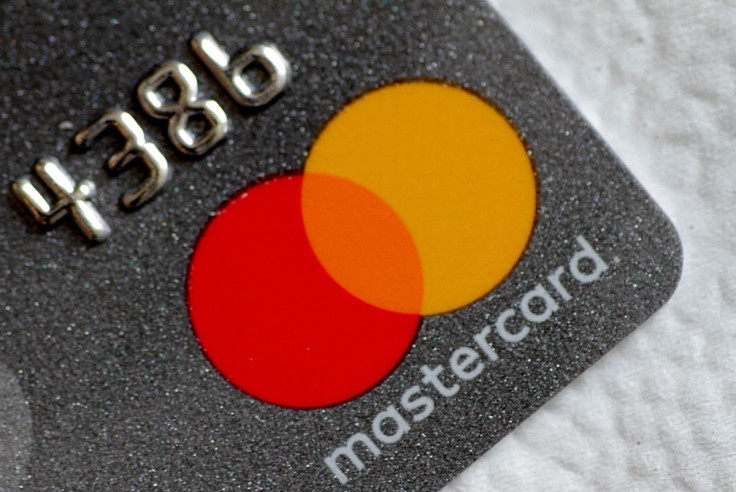Mastercard Launches First Ever Crypto-Backed Credit Line Card With Nexo
KEY POINTS
- It is the latest move by crypto and financial networks to join forces
- The card will be launched in Europe
- The card can be used at 92 million merchants who accept Mastercard
Cryptocurrency lender Nexo has partnered with Mastercard to launch what it calls the world's first "crypto-backed" payment card. The card can be used at 92 million merchants worldwide where Mastercard is accepted.
Nexo said Wednesday that it officially launched the Nexo Card in select European markets. The card requires no minimum repayments, monthly, or inactivity fees.
"There are no FX fees for up to 20,000 euros per month," the company said. Customers can spend or withdraw from the open credit line and interest is only paid on the amount of credit actually used.
The crypto-backed card would allow users to spend without having to sell their digital assets such as Bitcoin, which are used as collateral to back the credit granted, the company said.
The partnership signals the latest move by crypto and traditional financial networks to join forces as digital assets become more mainstream.
Antoni Trenchev, co-founder and managing partner at Nexo, said,"This unique product will allow millions of people, first in Europe and then worldwide, to spend instantly without having to give up the potential of their cryptocurrencies, thus offering unprecedented everyday utility for the emerging asset class.”
Raj Dhamodharan, Mastercard’s Head of Crypto and Blockchain Products and Partnerships, said, “Mastercard believes that digital assets are revolutionizing the financial landscape and we are leading in innovation with programs like our partnership with Nexo to deliver people new and one-of-a-kind choices in how they pay and activate their crypto holdings. We’re excited to continue to innovate in payments by making digital assets more accessible across the ecosystem.”

© Copyright IBTimes 2024. All rights reserved.



















